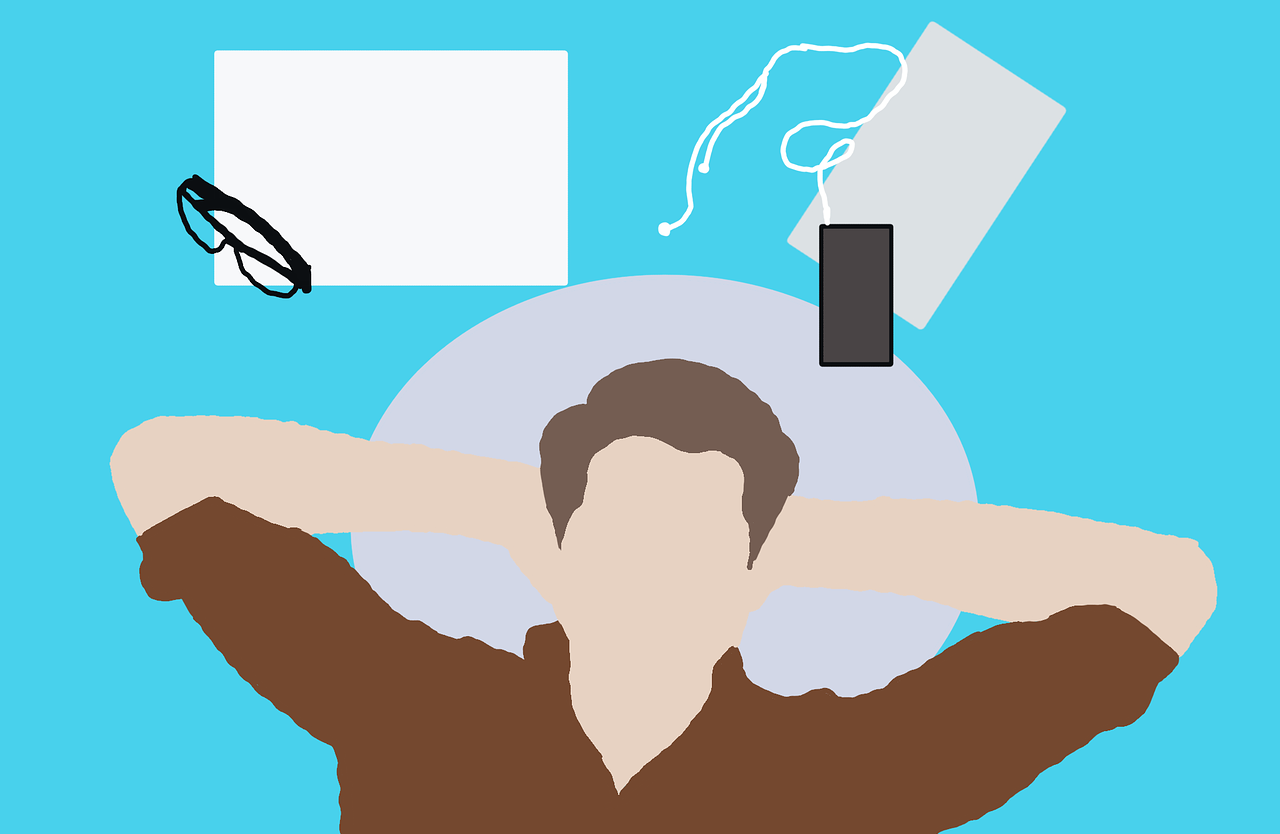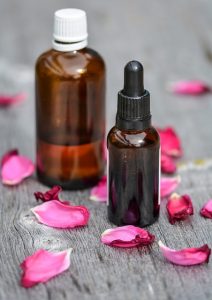
What to avoid and embrace to get quality sleep – part two
Last month, we established some strategies for comfort, part one of our sleep series. How else can we create good quality sleep?
Much of sleep quality comes down to do’s and don’ts – basically, what you should avoid and what you should embrace. And while many are small and seemingly insignificant, my recommendations can individually and cumulatively have a large impact on how well you sleep.
What you should avoid
For starters, think about what you are eating and drinking before bedtime. No large meals or foods that cause indigestion too close to bedtime. Research suggests avoiding caffeine, alcohol or other sleep interfering chemicals at least four hours before bedtime. Chemicals to avoid include:
- Antihistamines – can cause daytime drowsiness
- Nicotine – can cause insomnia and result in light sleeping
- Beta blockers – often cause decreases in the amount of REM and slow-wave sleep*
- Alpha blockers – may increase daytime sleepiness*
- Antidepressants – can promote insomnia
*Speak with your prescribing physician about how the timing of these medications may impact your sleep.
Long and late afternoon napping can also impact your sleep quality. Studies show that a 10 to 30 minute power nap during the day can have positive affects but anything longer than that can interfere with your sleep cycle. If you must nap to get through your day due to health problems, take your nap early in the day.
As hard as it may be in this day and age of smart phones, avoid using electronics at least 30 minutes before bed. Electronics reduce melatonin and keep the brain alert. This also includes readers, tablets and even television.
Believe it or not your water intake can impact your sleep quality. Don’t be so busy during the day that you fail to drink enough water causing you to “catch up” with water at night. This may create the urge to go to the bathroom in the middle of the night. Balance out your water intake throughout the day instead.
Finally, avoid being a “clock watcher” if you are struggling to fall asleep. This will just cause stress and anxiety. Instead, try to find a comfortable position and focus on how lovely it is to rest your body and mind through relaxation, even if it isn’t sleep. That in itself will help you to stop stressing enough to relax and fall asleep.
What you should embrace
Especially if you are someone who regularly struggles with falling asleep or waking up in the middle of the night, you’ll want to consider embracing some behaviors and rituals to promote better sleep.
Remember last month how I talked about having the right bed and mattress? That’s’ a part of creating a soothing and relaxing sleep environment. Go out of your way to create such an environment. Start by allowing your room to be dark, quiet and cool. I think investing in bedding that is super-comfortable is well worth the extra expense.
 I also believe that a pre-sleep routine is very helpful. My personal favorite includes taking a nice warm Epsom salt bath with essential oils. Other ideas include reading before bed, doing relaxation exercises or rubbing on some essential oils. You can read more about essential oils for sleep. One company that makes a quality essential oil product is doTERRA (I actually have a doTERRA account, so you can purchase yours from us if you like).
I also believe that a pre-sleep routine is very helpful. My personal favorite includes taking a nice warm Epsom salt bath with essential oils. Other ideas include reading before bed, doing relaxation exercises or rubbing on some essential oils. You can read more about essential oils for sleep. One company that makes a quality essential oil product is doTERRA (I actually have a doTERRA account, so you can purchase yours from us if you like).
Establishing a consistent sleep schedule is also a huge benefit. People often make the mistake of staying up past the time they are naturally tired. In these cases, people often get a second wind due to adrenal imbalances and then they cannot shut off their mind when they have stayed up too late and truly need to go to bed. Some people enjoy a guided meditation for sleep or even biofeedback devices to relax in preparation for sleep.
What to do if you still struggle
If you try everything I’ve already mentioned and still struggle, there are some safe, natural products you can use for sleep – and we sell many of them in our office.
Lunora This product contains melatonin, a natural hormone that helps usher the onset of the body’s natural circadian sleep cycle and valerian root, a plant based herb known to assist in sleep.
Vasayo Microlife Sleep Micromyst This is a product that has a unique delivery system for its ingredients. It is a spray that is used in the mouth. Vasayo uses liposome technology which are like spheres or bubbles that surround nutrients. This helps the ingredients get through the digestive system intact for better absorption and use by the body. The key ingredient is
Melatonin, a natural hormone that helps usher the onset of the body’s natural circadian sleep cycle.
How do you choose between natural sleep products? We often start with Lunora as it is a very simple product with just two ingredients and is priced very affordably. That usually does the trick. However, if that doesn’t work, we stop the Lunora and move on to the Vasayo product which is a bit more expensive.
Some other options include:
GABA This supplement is a neurotransmitter that inhibits nerve activity in the brain, allowing it to slowly relax and support the normal sleep cycle.
NAC This supplement is an amino acid that decreases other compounds that stimulate the brain.
Vitamins B2 and B6 Finally, these vitamins help support normal neurotransmitter and hormone function.
I’m hopeful that with some of these recommendations you start to get the quality sleep that you deserve!
Dr. Sharman


Write a Comment